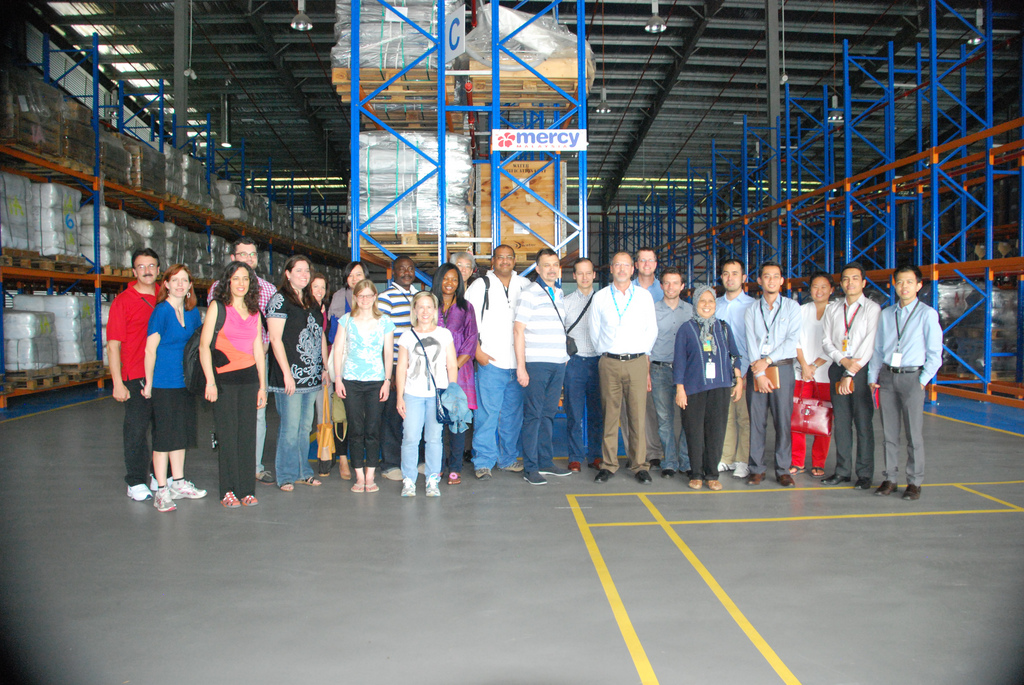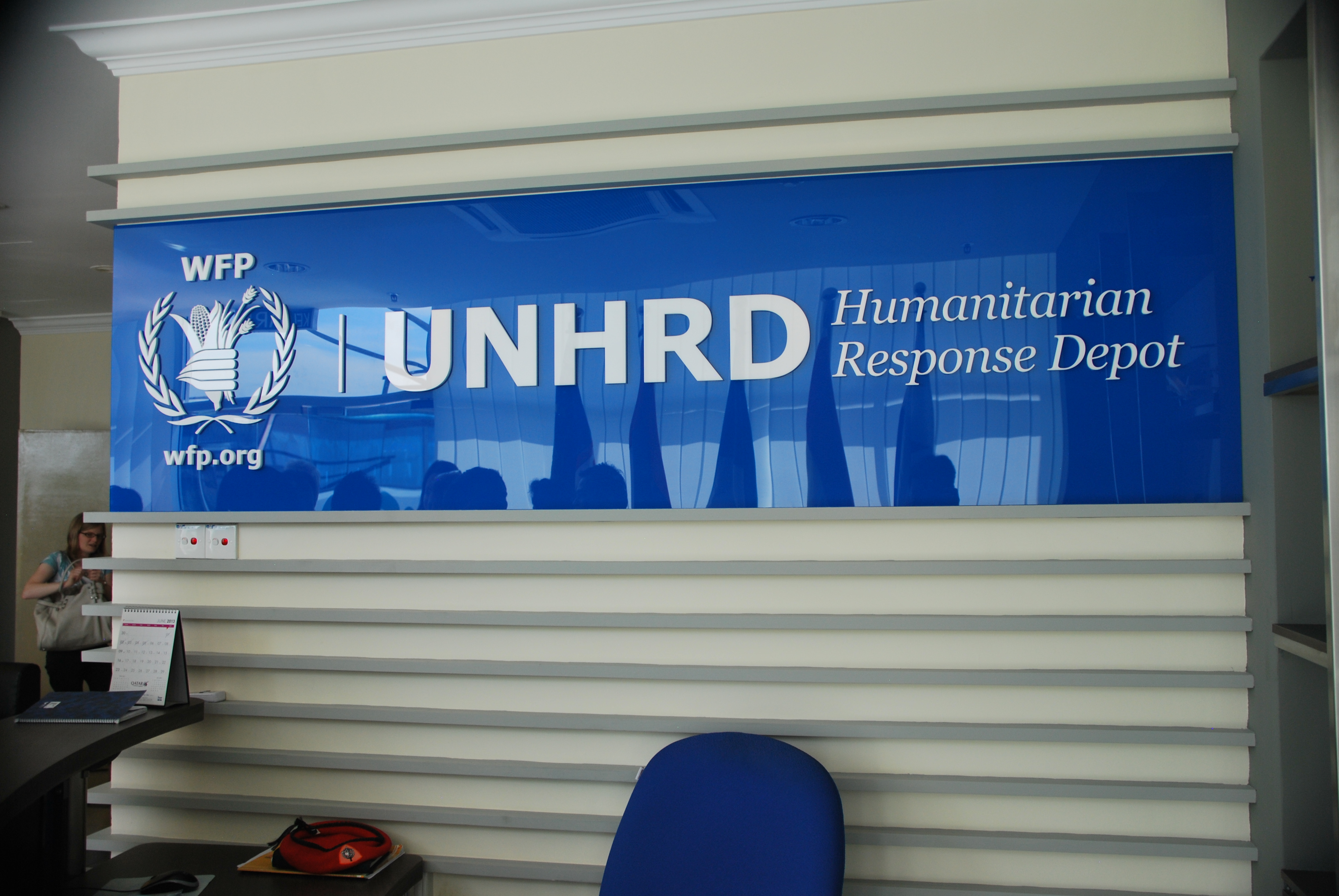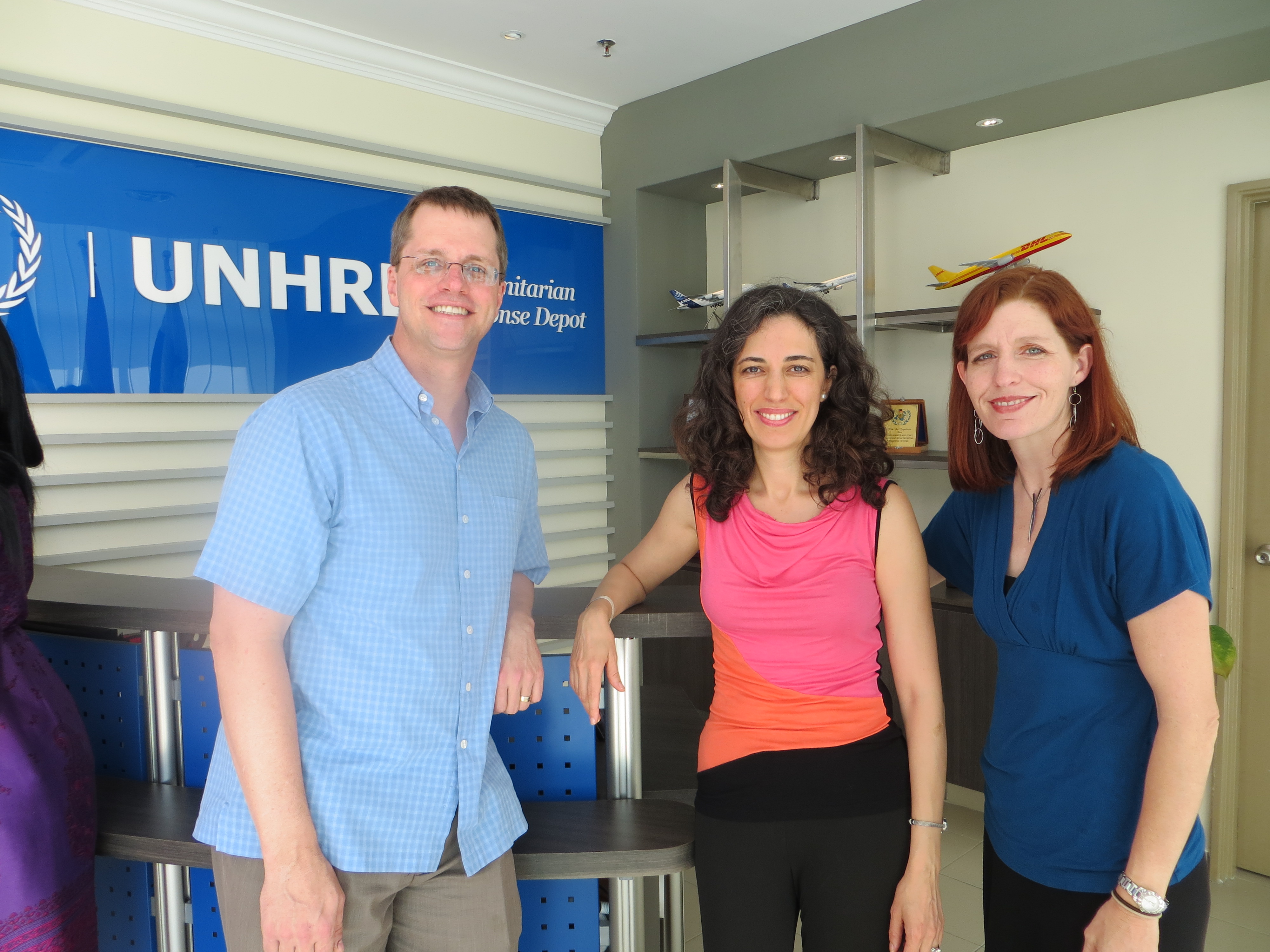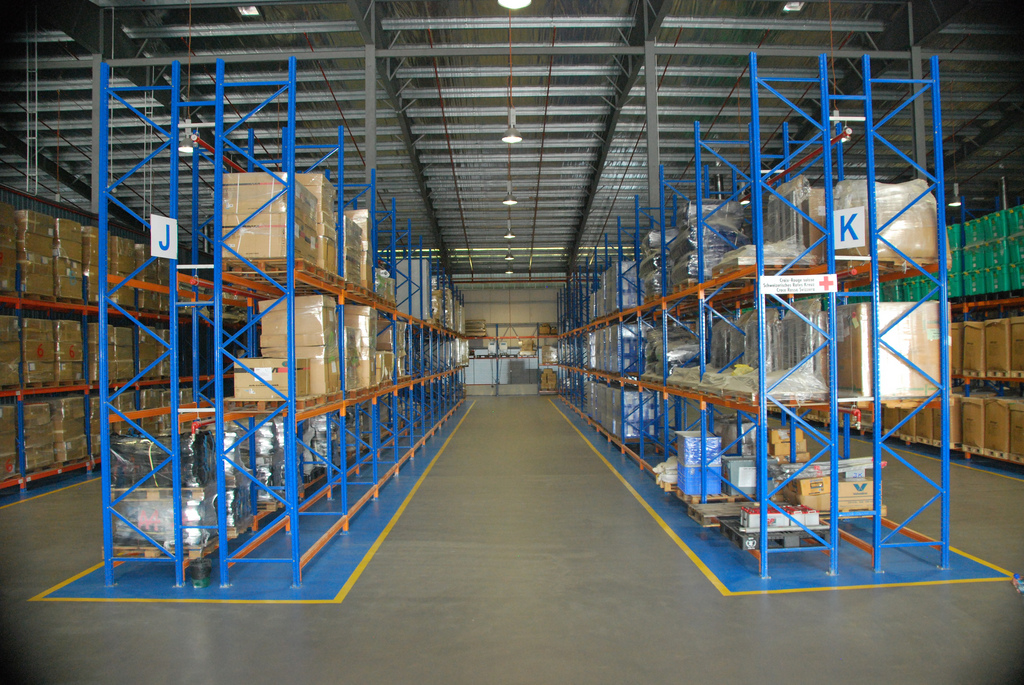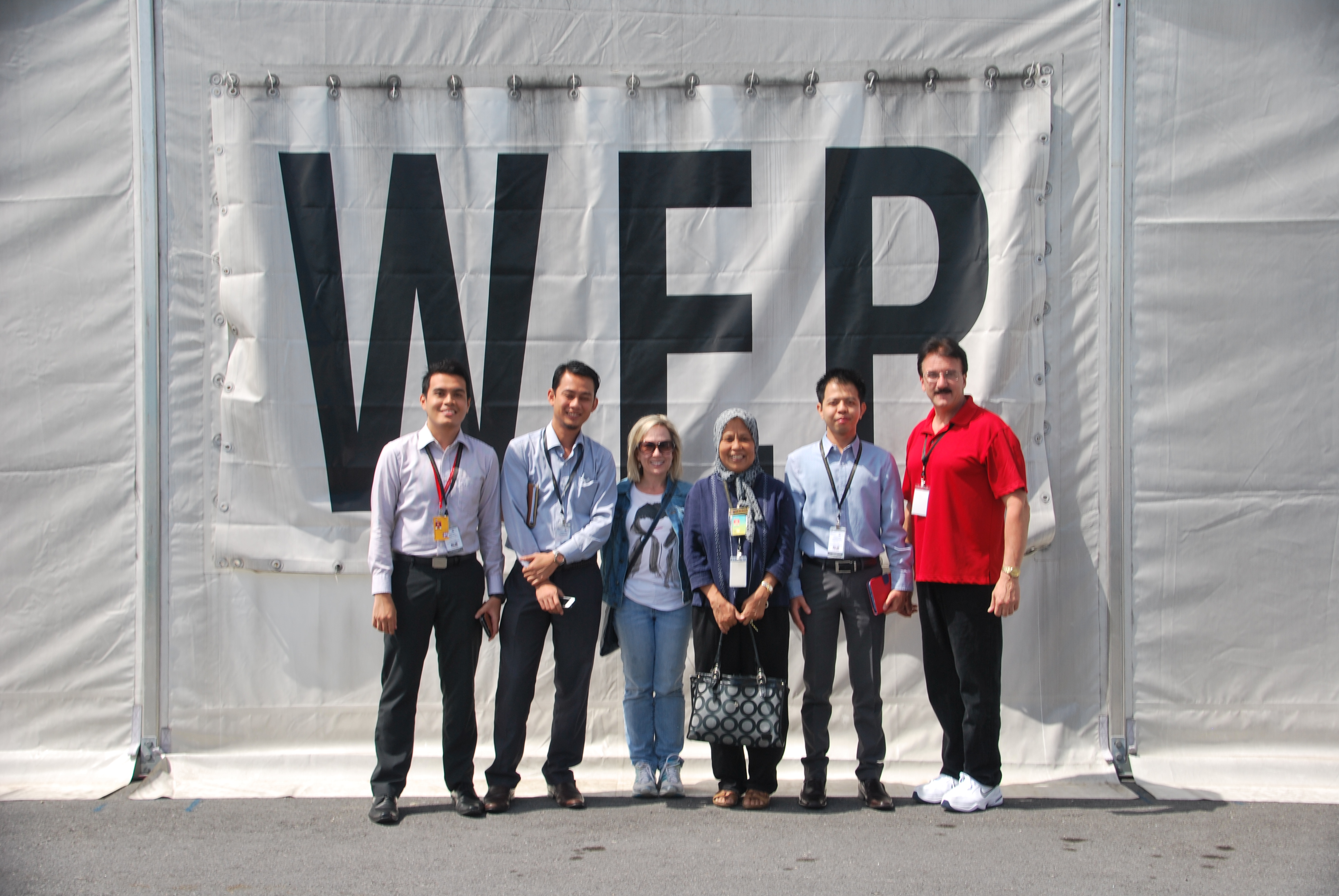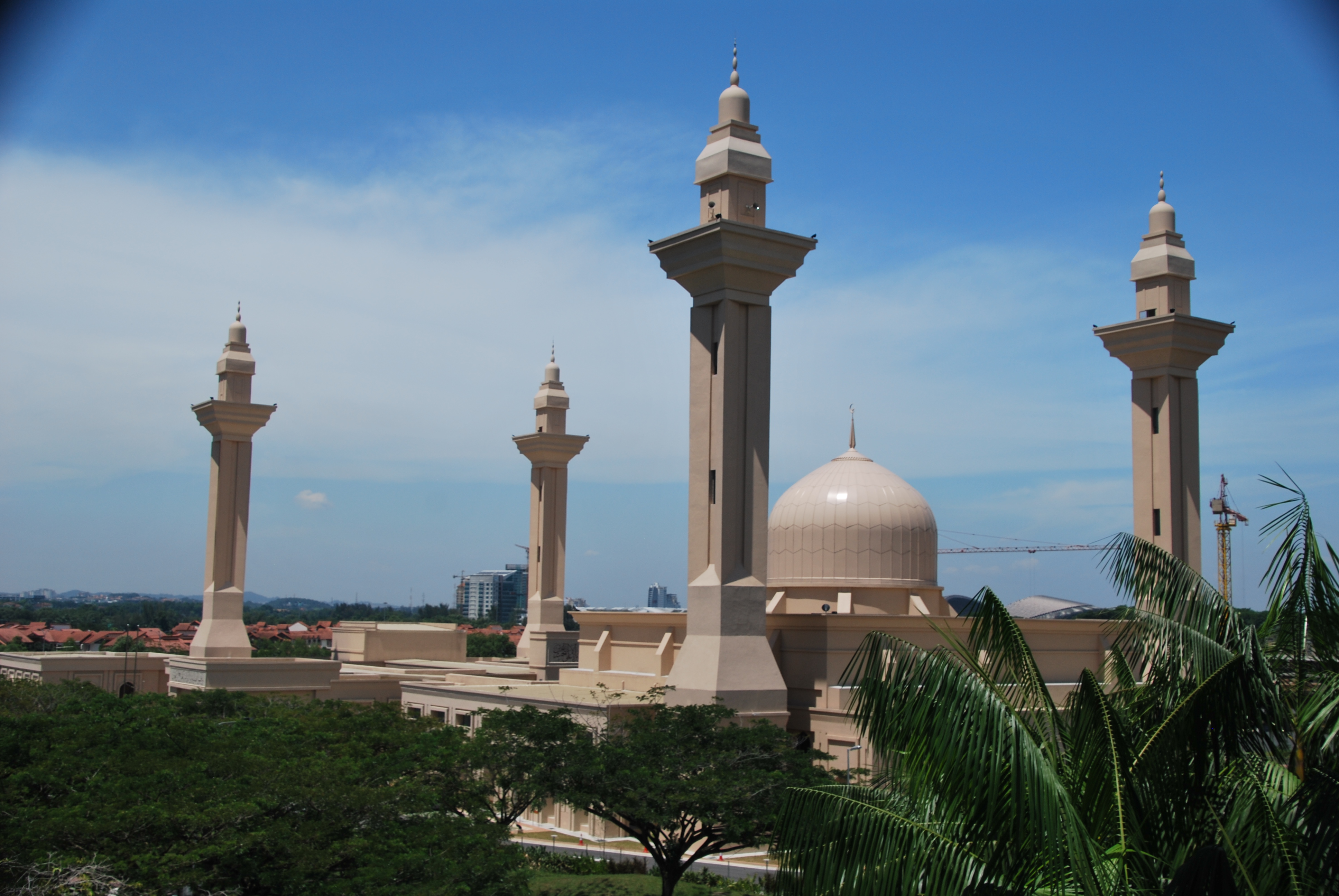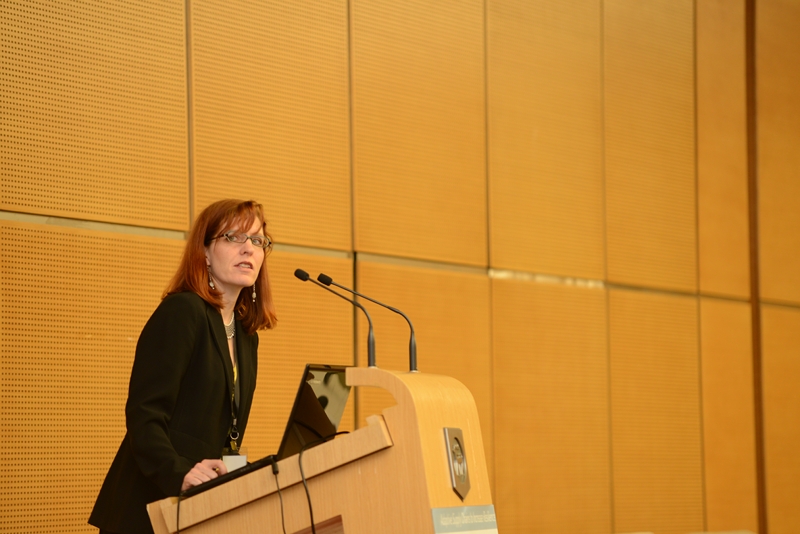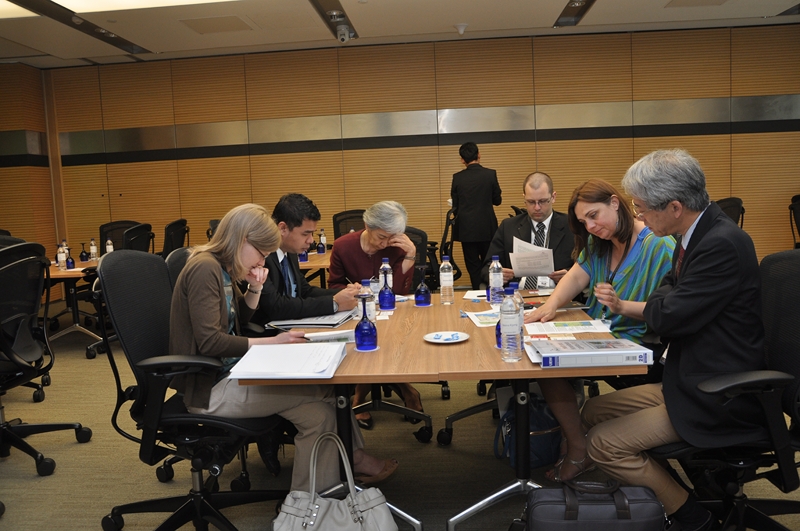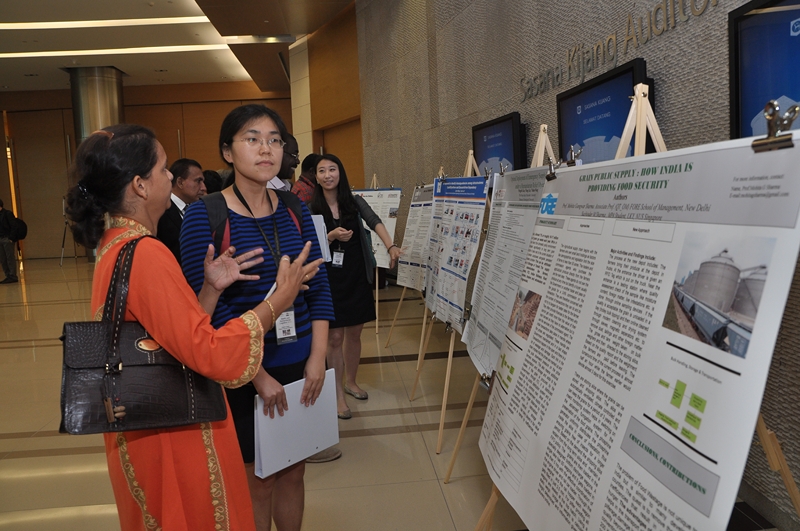In light of disastrous forest fires in the American West and ongoing humanitarian crises in war-torn Syria, the importance of timely, efficient aid and humanitarian response to disaster demands our attention. Global health and humanitarian response professionals around the world must continue to actively collaborate in search of the most innovative and effective ways to guarantee the arrival of aid to those in need, and cross-sector conferences provide a way to share information and strategize collectively.
This year’s Health & Humanitarian Logistics Conference was held in Kuala Lumpur, Malaysia, June 4-5. A hub for humanitarian response logistics in the Asia Pacific region, the city houses key strategic operations centers in a region that, in 2011, saw 86.3% of reported disaster victims worldwide. The conference was co- organized for the 5thyear by the Georgia Tech Center for Health & Humanitarian Logistics (HHL) and the MIT Humanitarian Response Lab, and it was hosted for the first time by the Malaysia Institute for Supply Chain Innovation (MISI), a member of the MIT Global SCALE Network. The conference was made possible for the 5th year by generous support from The UPS Foundation.
Under the headline- “Adaptive Supply Chains to Increase Resilience”- the conference featured four plenary panels in addition to a number of workshops on related sub-topics which identified the logistical challenges and successes in disaster response, global health and food security and articulated ways to strengthen supply chains to meet basic human needs. The conference’s multi-platform approach to sharing research and best practices among a diverse set of participants in various environments led to interesting and productive discussions about priorities and future goals in policy, strategy, and investment in the global health and humanitarian sectors. Participants also visited the regional United Nations Human Resource Response Depot (UN HRD) where they examined resource storage, transportation fleets, and distribution models, viewing the panel and workshop topics in light of real world scenarios in the Asia Pacific region.
This year’s Conference brought together 113 participants from 25 countries and from NGOs such as Aidmatrix and Atlanta-based CARE to MERCY Malaysia, Nigeria-based SHI–Logistics, and the United Nations Africa Mission in Darfur (UNAMID). Industry leaders from logistics and transportation companies to global health consultants and pharmaceuticals attended the event as well as government officials, graduate students and professors from universities across the globe, and leaders from various other humanitarian-related organizations.
The plenary panels were led by the heads of various NGOs such as the IFRC, Heifer International, Partners in Health, and OXFAM; local and international public organizations such as the World Food Program, the World Health Organization, the World Bank and USAID; together with industry leaders such as Kimetrica Logistics, GlaxoSmithKline. Panel topics addressed challenges and new ways of addressing the value chain in food security; resource pooling and collaboration for capacity building in disaster response; temperature-controlled cholera vaccine transportation in global health, and experiences and learned best practices for disaster response and recovery in megacities such as the Earthquake in Tokyo or Hurricane Sandy in New York. Workshops focused more specifically on case studies and allowed for fruitful participant discussion and strategizing.
Various participants shared positive feedback on the diversity of organizations and the networking opportunities as well as the interactive workshop discussions and case studies. Ali Baba Syed of the International Rescue Committee in Pakistan praised the event as a “great platform for the humanitarian workers, especially for logisticians, to learn more and to share information.” Ronald Chandra of World Vision remarked that the break-out sessions provided a great opportunity to apply experience to the new information shared. Others highlighted the variety of topics and the caliber of speakers and presentations that mixed academic knowledge and research with industry and NGO experience in Logistics. Overall, we were pleased with the diverse and engaging group of participants, and we look forward to continuing to foster organizational research and systematic change to improve logistics and provide aid more efficiently to those in need.
The Georgia Tech Center for Health & Humanitarian Logistics (HHL), a unit of the Stewart School of Industrial & Systems Engineering, is an initiative to improve humanitarian logistics (including short or long-term, man-made or natural disasters, global and public health, and long-term development needs) and ultimately the human condition by system transformations through education, outreach, projects and research. To find out more about the 2013 HHL Conference, Professional Education courses in health and humanitarian logistics, and the HHL Center at Georgia Tech, please visit: http://humanitarian.scl.gatech.edu/home.
Conference Chairs: Özlem Ergun, Georgia Tech, Center for Health and Humanitarian Logistics Jarrod Goentzel, MIT Humanitarian Response Lab Pinar Keskinoçak, Georgia Tech, Center for Health and Humanitarian Logistics Mohinder Singh, Malaysia Institute of Supply Chain Innovation Julie Swann, Georgia Tech, Center for Health and Humanitarian Logistics
